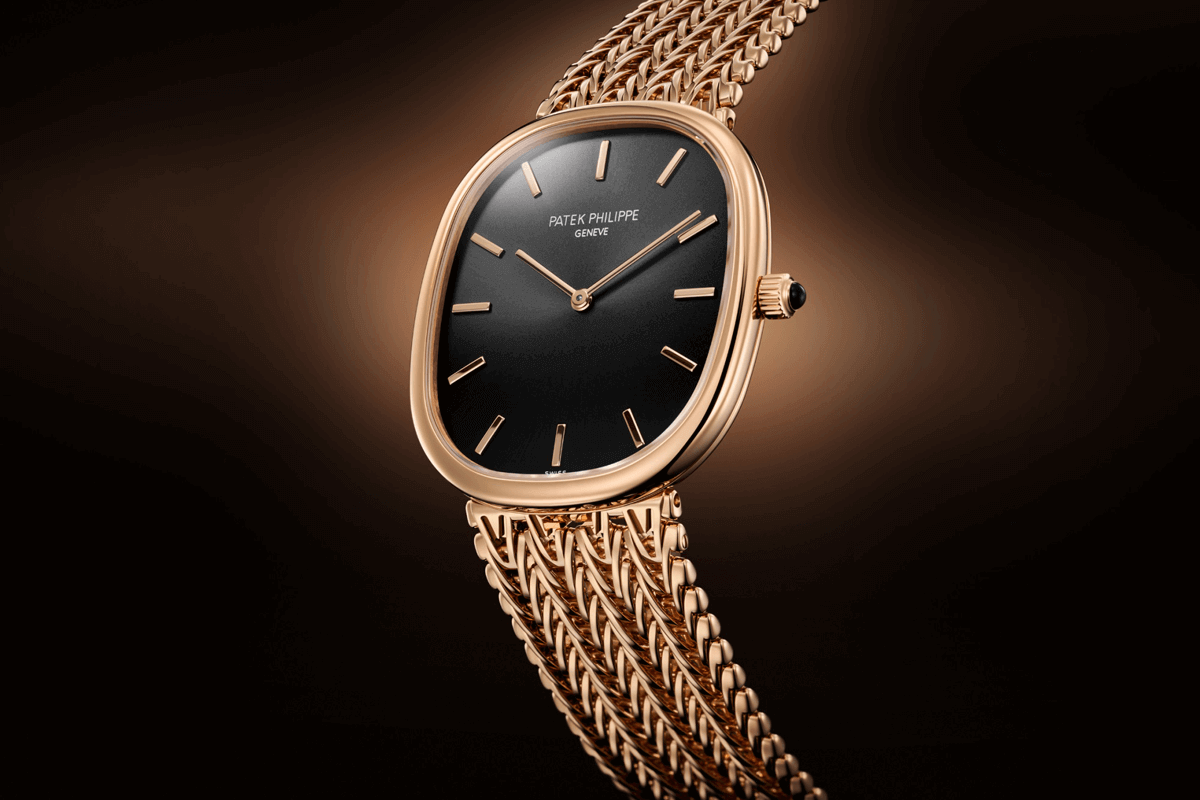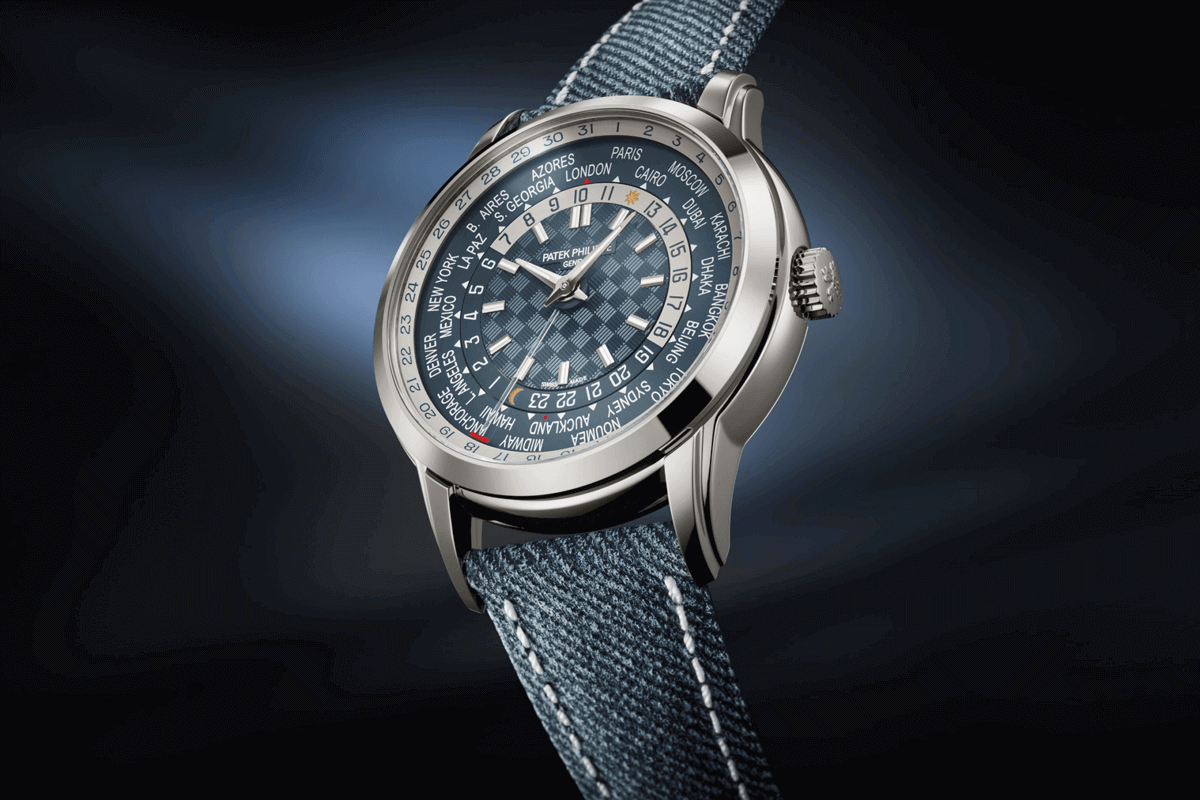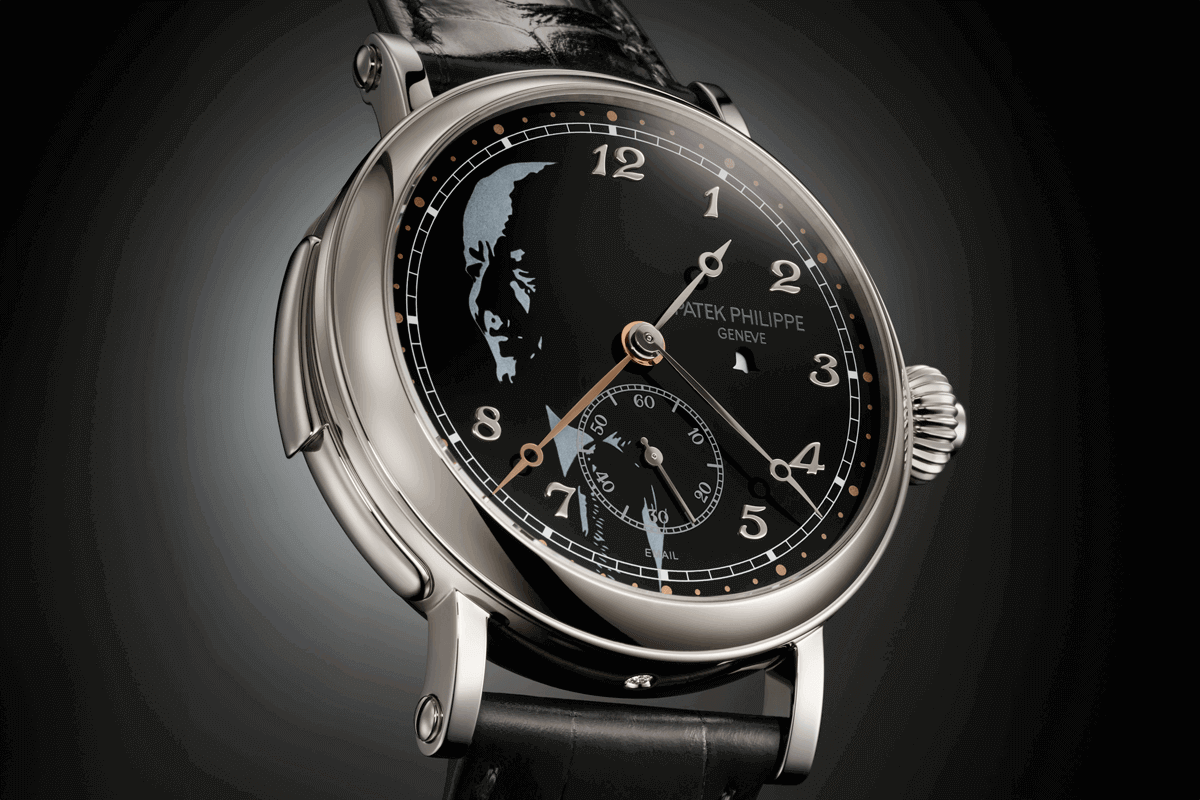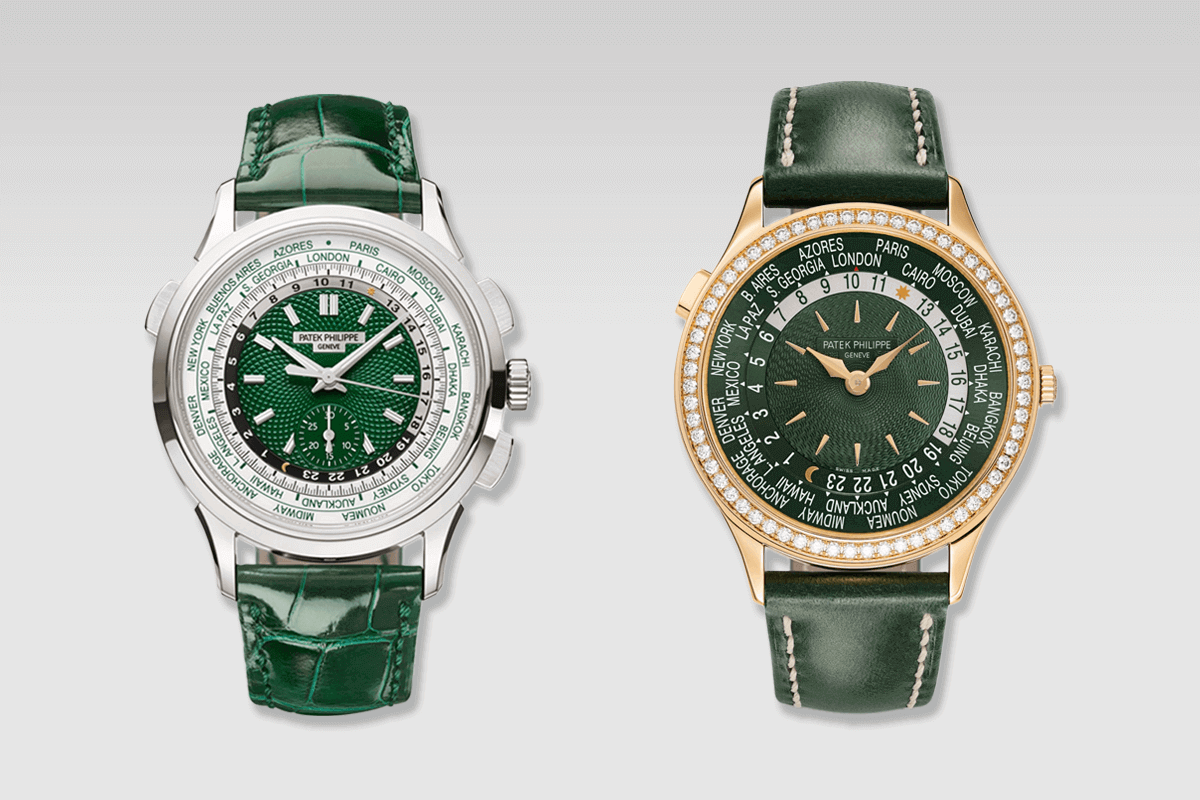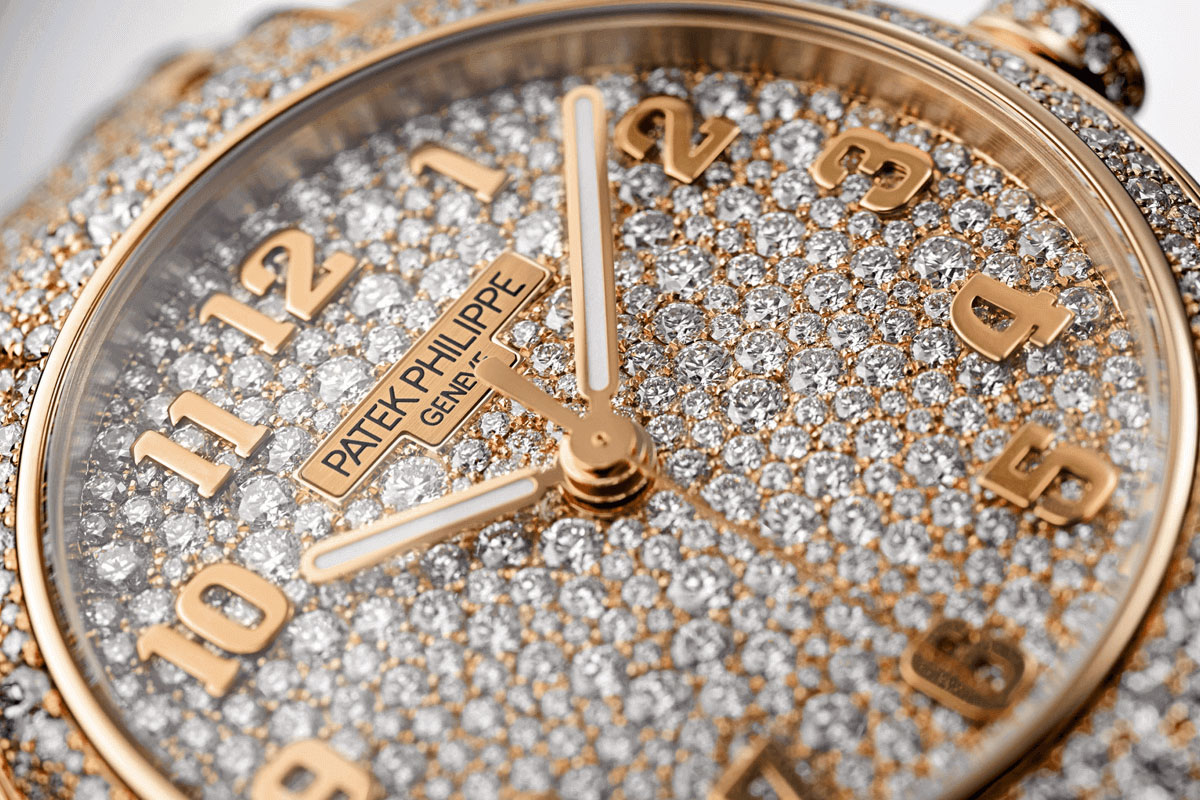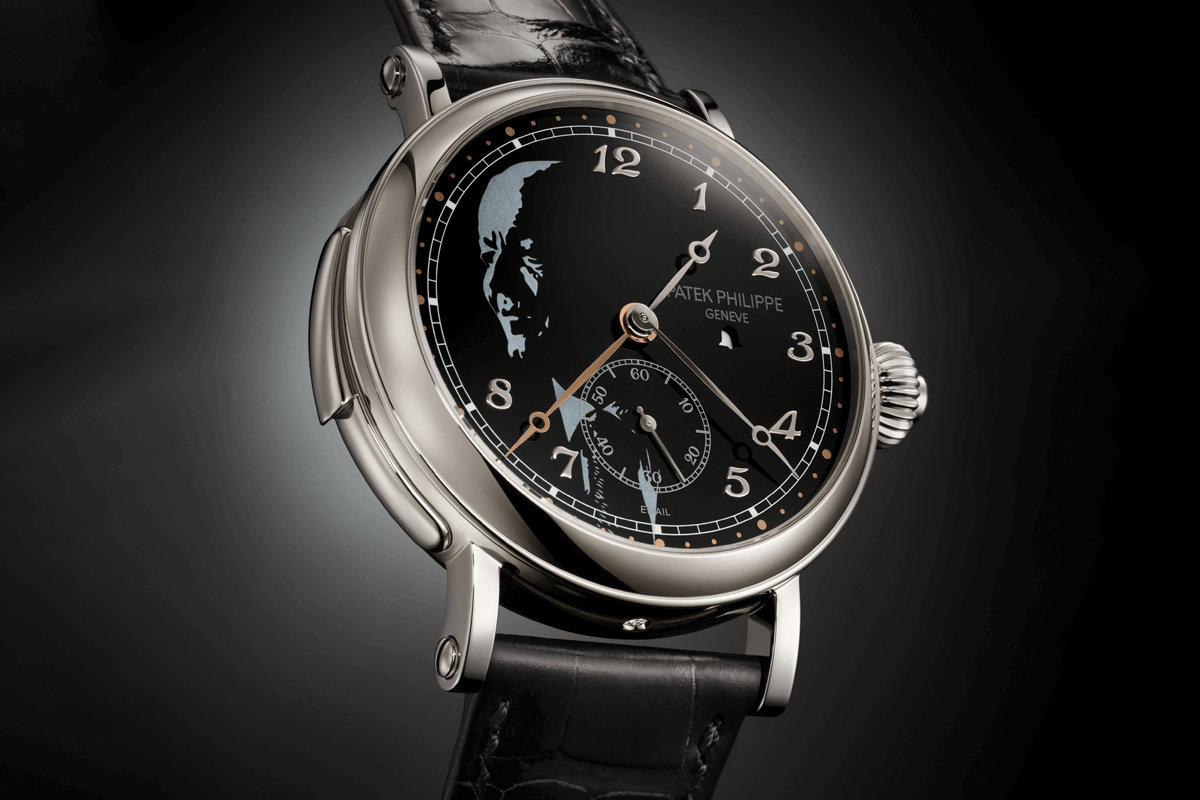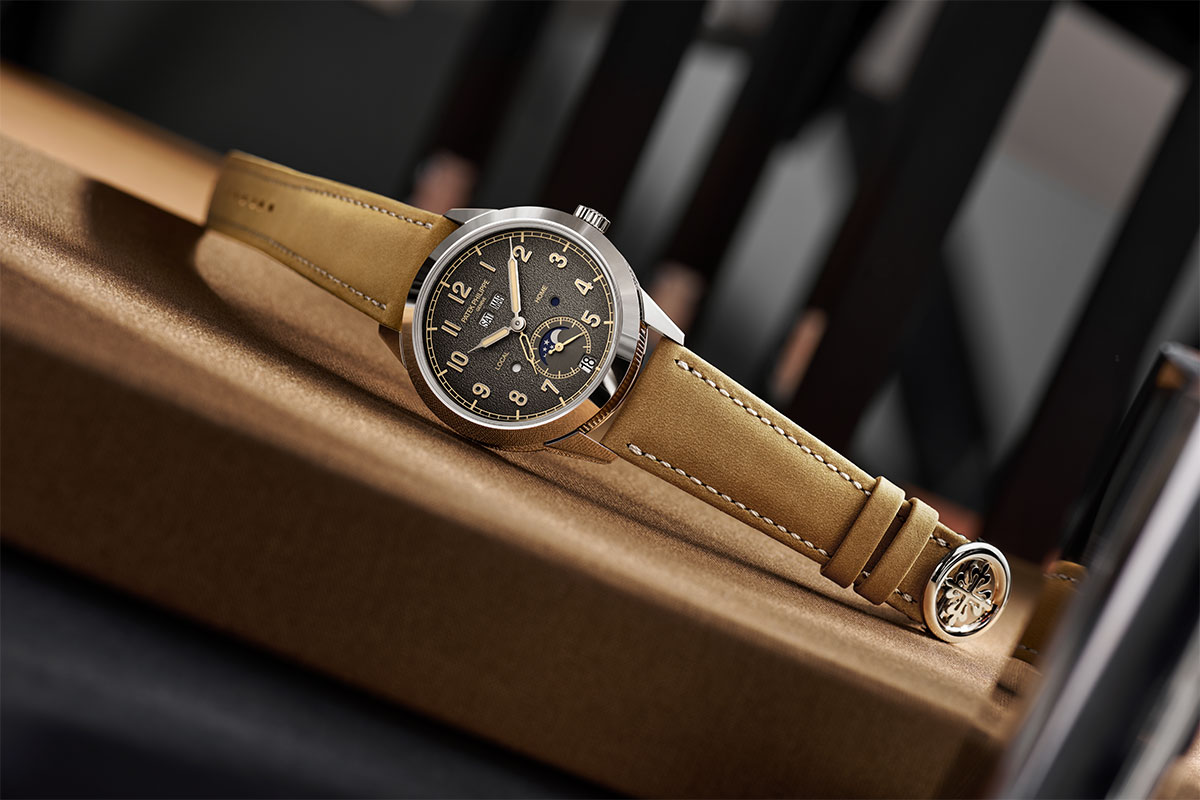
Patek Philippe has, throughout its history, been a watchmaker that adapts and innovates their craft to cultural evolutions, while respecting tradition.
This is particularly true of the multi- and dual-timezone complication, two complications that are part of the brand’s story since the 1930s.
The tale of Patek Philippe’s collaborative work with Louis Cottier to create an industry-recognised world time complication is well documented. And although Patek Philippe wasn’t the first watchmaker to create a dual-timezone watch, it certainly innovated on the dual-timezone complication (or twin hour watch) with its own take.
The Ref. 2597 – A Pre-cursor to the Travel Time
The mid-20th century era was one that saw closer intercontinental relations. Among the middle and upper class, people were travelling more than ever. But most consumers didn’t need a world time complication and indeed wanted something simpler to read and easier to manage.
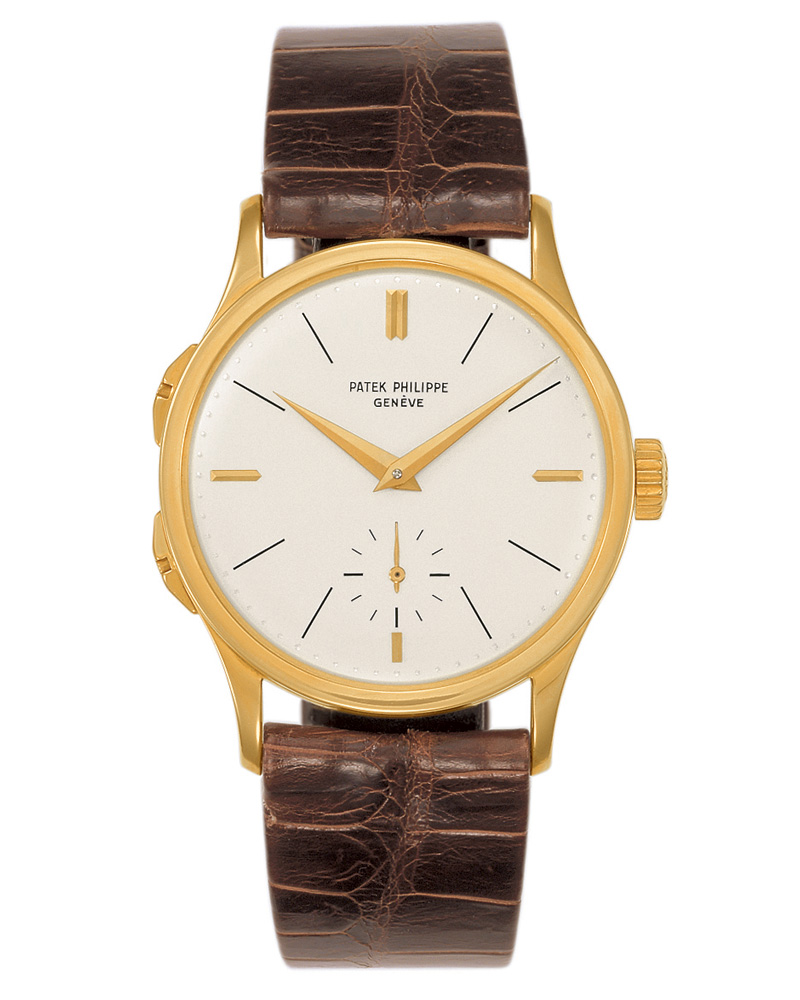
The original Ref. 2597 from Patek Philippe featured a single time display with a quick hour jump function, so users could change the watch’s time zone without taking it off the wrist.
This led Patek Philippe to engage Cottier to develop a new complication – a watch with a jumping hour hand, that could be easily adjusted with a button. This wasn’t a GMT-complication at all, but simply a “Cross-Country” watch with an hour adjustor, so the time zone could be adjusted while the movement continued to run.
The Ref. 2597 was launched in 1959 with this design. Three years later, Patek Philippe introduced a new version of the reference with a second hour hand. The “Twin Hour” had a black-toned hand that could be adjusted backwards and forwards with two pushers on the side of the case. The benefit of this was, the second hour hand could be hidden under the local hour hand when not in use.
The design of this movement – the Caliber 12-400 HS – was patented by Patek Philippe in 1959, and remains the basis for its modern Travel Time watches today. These include the Caliber 26-330 S C FUS used in the Ref. 5164 Aquanaut Travel Time.
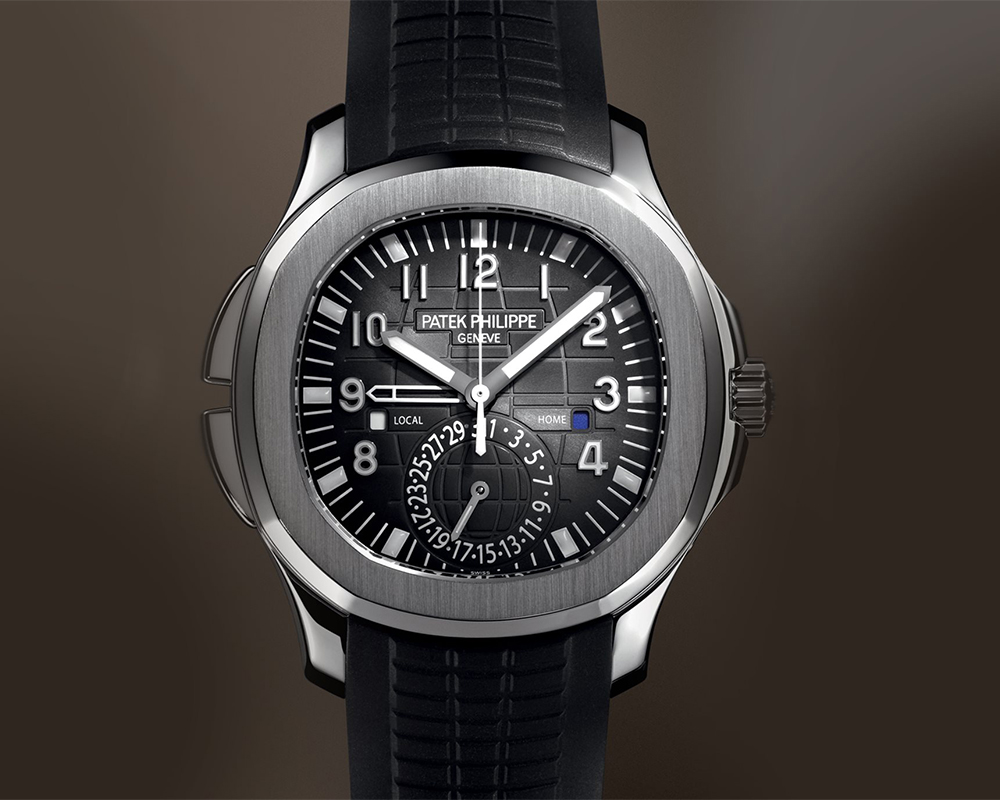
The Patek Philippe Aquanaut Travel Time today is powered by the Caliber 26-330 S C FUS, which is based on Cottier’s Twin Hour movement design for Patek Philippe dating back to 1961.
Over the next few decades, only a handful of travel time or GMT-complication watches were developed in Patek Philippe. This was the case until 1997, when the Ref. 5034 Travel Time was introduced. The watch utilised a variation of the Caliber 215 PS, with a 24-hour indication for the second hour hand. A ladies’ version, the Ref. 4864, was also created by the brand to cater to those desiring a more elaborate design on the crown and pushers.
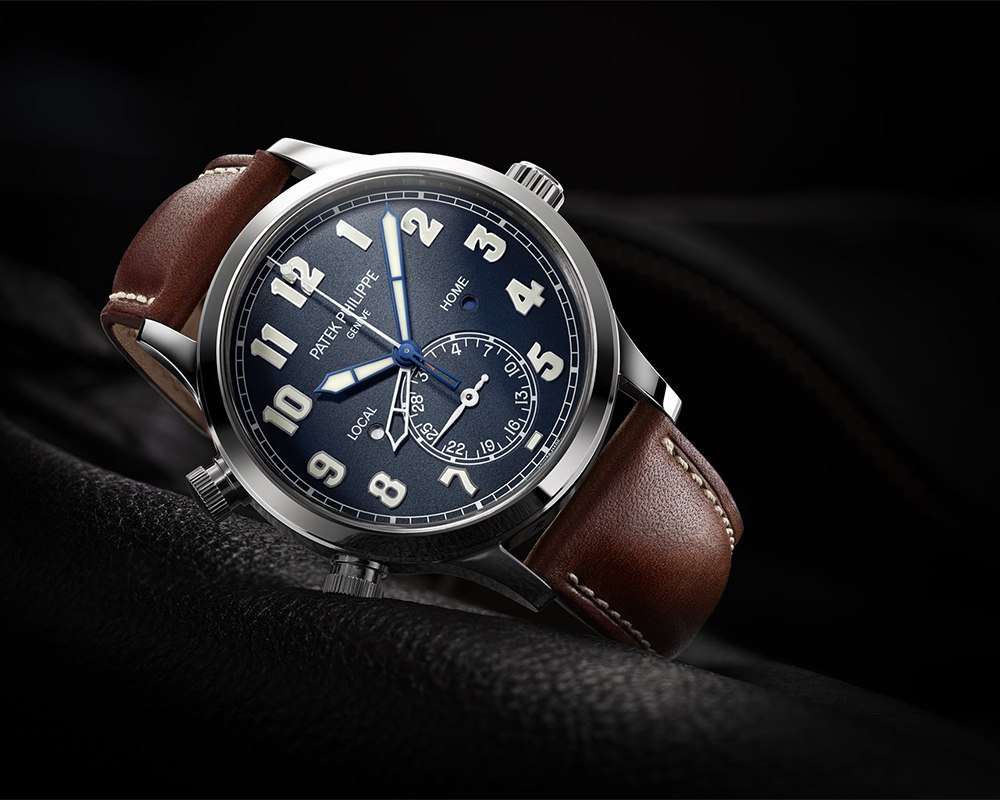
The Patek Philippe Ref. 5524G Calatrava Pilot Travel Time is a new execution of Patek Philippe’s dual-timezone complication, with a single 12-hour display for both time zones and day/night indicators on the dial.
21st-Century Travel Time Watches
In 2011, the Aquanaut Travel Time Ref. 5164 was first to the public, followed by the Ref. 5990 Nautilus Travel Time Chronograph. A year later, Patek Philippe unveiled a new phase for its dual-timezone models. Housed within the Calatrava and bearing its classic design codes had appeared. The Calatrava Pilot Travel Time also brought back associations of the initial purpose of the dual-timezone watch, drawing on an old pilot-style timepiece in Patek Philippe’s archives for this watch
The Ref. 5524G features Super-LumiNova-coated and oversized Arabic hour markers in a slab-style font, with sword hands for the home time and a skeletonised sword hand for the local time. But this isn’t a typical dual-timezone complication. Both hands run on a 12-hour display, with day/night indicators in little apertures on the dial for both time zones. The pushers on the left of the case feature patented safety lock designs that ensure the hour hand isn’t accidentally changed when flexing your wrist. It also featured a blue lacquered dial, a big move for the watchmaker at the time.
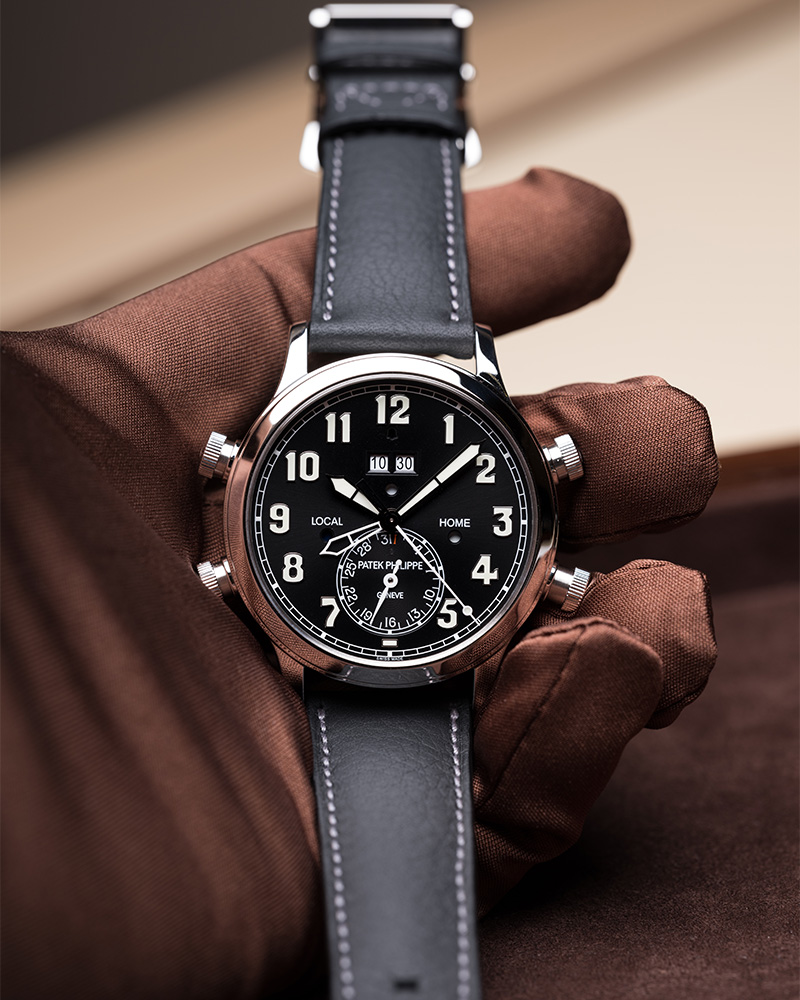
The Patek Philippe Ref. 5520P Calatrava Pilot Alarm Travel Time may appear to look simple, but years of innovation has gone into the development of the Caliber AL 30-660 S C FUS that drives the watch’s seamless operation.
Innovating on the Travel Time
The standard staple of Patek Philippe’s GMT-complication watches are appealing to all, but the watchmaker has always stood out with new and innovative ways of detailing time. In 2019, a new complication was incorporated with its Travel Time function in the Ref. 5520P Alarm Travel Time. The watch features, in addition to its dual-timezone function, an alarm that can be set with the crown.
Not only is it Patek Philippe’s first chiming watch that’s housed in a water-resistant case, it’s also a rare example of an alarm complication that’s engaged with the dual-timezone complication. The watch bears four patents alone on the alarm function, and has various other securities to prevent potential damage to the movement by users. The design of the Caliber AL 30-660 S C FUS that powers the watch’s operation took years to perfect, right down to the length of the alarm’s chime and its initiation, to ensure that it would be heard.

The Patek Philippe Ref. 5326G Annual Calendar Travel Time features innovative design and technical developments on the brand’s classic round models.
And finally, just last year, Patek Philippe presented the Travel Time with another valuable ancillary complication, the annual calendar. Combining these two complications in a new movement with eight pending patents, it is a dual-timezone watch, with a calendar that adjusts backwards and forwards with the local time.
The Ref. 5326G isn’t just a technical wonder; it also possesses new design elements on the case middle. A Clous de Paris hobnail guilloched pattern on the body of the Calatrava-style watch case, mixes the contemporary with the traditional in a modern balanced aesthetic. The dial, too, has a grainy texture and gradient anthracite hue, recalling the style of vintage camera bodies. Syringe hands and small Arabic markers coated with luminous material keeps the vibe of this watch similar to the field/military-style designs of the Calatrava Pilot Travel Time models.
The Ref. 5326G happened to emerge in the same year when Patek Philippe was celebrating its 90th anniversary of the classic Calatrava, and represents more than just the innovative technical advancements the brand continues to make on the dual-timezone watch; it’s an example of how the brand sees itself for future collectors. It’s a watch that follows the style trends of the current era, and delivers superior performance by self-improvement on existing timekeeping solutions.
Contact a sales representative today to learn more.
Discover the Patek Philippe watch collections online or locate the nearest boutique for a visit.
All images are provided by Patek Philippe.






